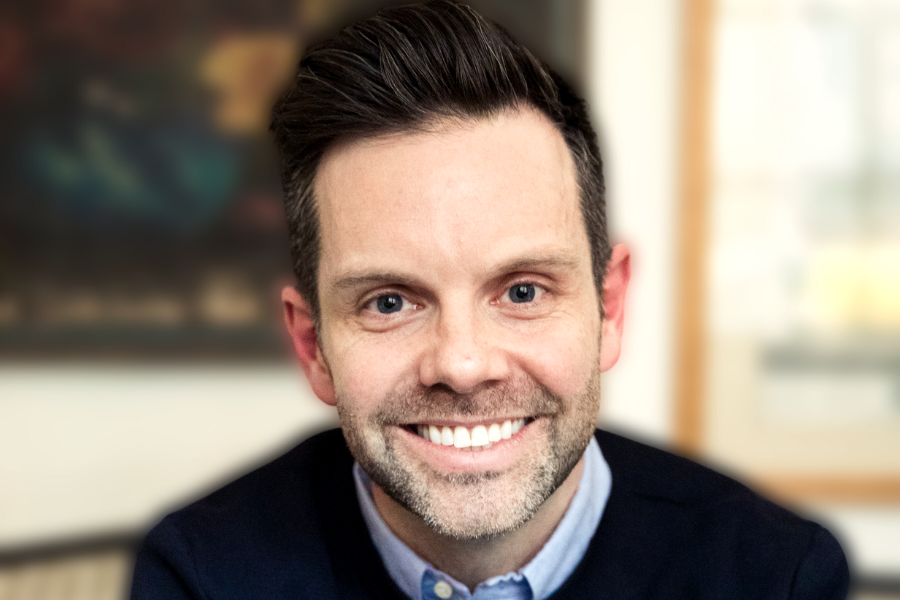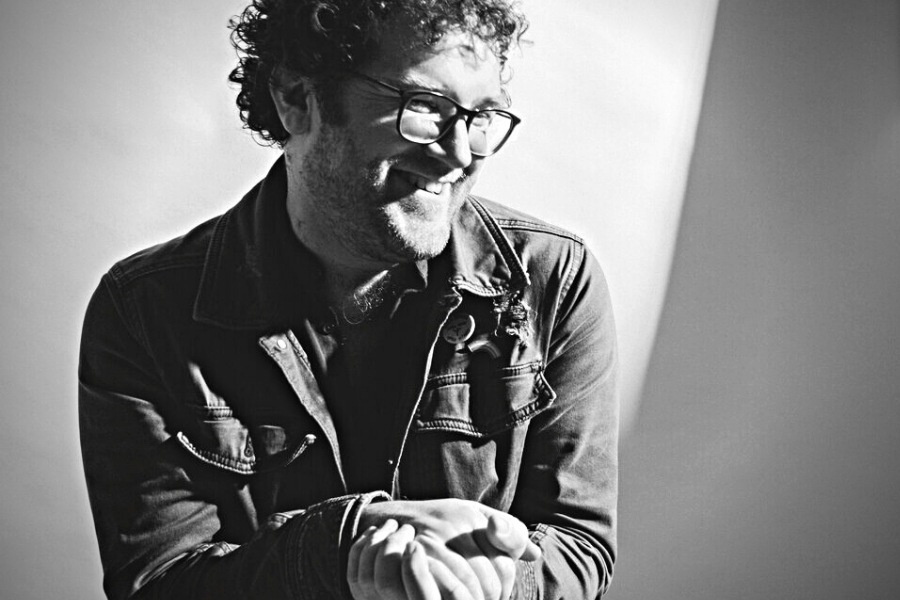
Language that Transcends Differences–The Poetry of Faith ft. Pádraig Ó Tuama
Episode 09
We’re wrapping up our Faith Shakers series this week, and we hope you’ve found it as eye-opening and enlightening as we have to see what people of faith in non-traditional spaces have been doing to make the world a better, more thoughtful place. This episode takes us to yet another unique space where faith and art are being combined to great effect–and it’s through poetry. In case you’re having flashbacks to Shakespearean sonnets you had to study in high school, fear not. We’re going beyond poetry to recognize the beauty in the lyrics we love from our favorite songs, to the way thoughts are constructed by deep thinkers like modern poet Maya Angelou. Language, words, and poetry have always been a tool deeply embedded inside any sort of faith search. So this week, we welcome a poet who also happens to be a theologian, and he’s going to walk us through the powerful ways that poetry can bring healing, hope, and reconciliation, Pádraig Ó Tuama is a poet and theologian whose work centers around language, power, conflict, politics, and religion. For several years, he was the leader of Corrymeela Community—Ireland’s oldest organization focused on religious reconciliation. He’s also the in-house theologian for the NPR show On Being, with Krista Tippet. Pádraig focuses on conflict resolution who dedicates his life to creating safe spaces for all people within the religious realm. He shows us all that communication, understanding, and landing in the gray space is the way forward and that we can all find our faith space, no matter who we are or where we come from.
Hey, everybody. Jen Hatmaker here, your host of the For the Love podcast. I’m so glad that you’re here. Welcome to the show. Oh man, I have mixed feelings, because today we are wrapping up our series called For the Love of Faith Shakers. As we bring this series to an end this week, I just want to say it has been so inspiring and eye opening to see what each of our guests have been doing, as they have been people of faith in non-traditional spaces, using these unique platforms, being thoughtful.
Not just in their messaging, because that sounds like a commodification, but really just in their way of being. The way that they see God, and faith, and people.
I have felt inspired, and I have felt relieved, and I have felt refreshed. So much of what my guests have brought to us in this series resonates with me. I’m so grateful we’ve gotten to highlight them and introduce you to some of them. And this week, I just couldn’t quit talking to our guest, and I just wanted to hear him talk forever. I don’t even know what to say. I’m so happy you’re listening, and I want you to listen all to the end, and you’re going to see what I mean. We’re in an interesting space today. But we are in a unique space where faith and art in particular are being combined to great effect. And we are, among other things, in poetry.
And it really doesn’t matter what you think about poetry. We’re not discussing structure. And no matter how you feel about that genre, it is a vital and relevant form of art in our world, and has been since forever. Poetry has existed in our world for hundreds, and hundreds, and hundreds of years. Thousands. Put forth by creators whose works are still quoted and referred to today.
And then there’s modern poets like Maya Angelou, who have used this art form to push thoughts, and ideas, and justice forward, while also providing solace and comfort to the reader, at the same exact time that she’s challenging us. Poetry’s always been able to do this. It is not an antiquated way of communicating with our world. What are our favorite songs, frankly, if not poetry? And I talk about relevant. Let’s talk about our amazing young poet, Amanda Gorman, who at 22 years old, absolutely floored us, sent us through the roof at the presidential inauguration. Poetry matters. It’s always mattered and it still matters. And of course we know, hello, faith people, scripture is full of poetry. Just look at the Psalms, look at the Proverbs. There’s poetic language in the prophets. This has always been a powerful tool to talk about faith, for the people of the time to try to figure out God, how to be on this earth. What does it mean to be a neighbor? What does it mean to feel forsaken? What does it mean to suffer?
Language, words, and poetry have always been a tool deeply embedded inside any sort of faith search.
So this week we have a poet with us. He happens to also be a theologian, and he’s going to walk us through not just the powerful ways that poetry can bring healing, and hope, and reconciliation, but you’re just going to have to listen, because it was way more than that. I feel like I had an hour of spiritual formation today. That’s how I feel. I feel like I was with a spiritual director, who was walking me personally through a bunch of stuff that I’ve been sifting through in my brain, on what does it mean to be a peacemaker? And what does it mean to be a leader in that? And what are the rhythms of it? So today we have Pádraig Ó Tuama. He is a poet, he’s theologian, his work centers around language, power, conflict, politics, religion.
He has a BA of divinity from the Pontifical College of Maynooth. So if these don’t sound like words that you know about in the US, that is because he is Irish. He’s currently working towards a PhD in theology from the University of Glasgow in Scotland. For several years, he was the leader of Corrymeela Community, which we talk about, Ireland’s oldest organization focused on religious reconciliation.
He’s not only a recurring guest on Krista Tippet’s podcast, who was also in this series, but he is their resident theologian since 2019. Nothing I love more than sitting across from somebody who is smart, who is interesting, who is curious. He is all of those things. I was just captivated by our conversation. Captivated with him. And you’re going to be too.
This is a really great interview. This is a really great leader. I have a feeling a lot of you don’t know him, and I’m so excited to introduce him to you. I want you to partake in his work. I want you to see what he’s doing in the world. I want you to sit under his leadership, because it’s pretty powerful, in a gentle way. And so I just couldn’t be more pleased to share my conversation with the smart, wonderful, and interesting Pádraig Ó Tuama.
Books and Resources Mentioned in this Episode:
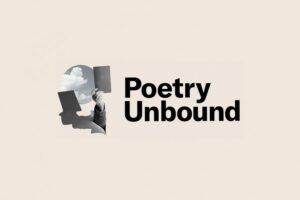

Poetry Unbound: 50 Poems to Open Your World
by Pádraig Ó Tuama
Stay Connected with Jen Hatmaker:
FACEBOOK | INSTAGRAM | TWITTER | YOUTUBE | WEB
Thanks for listening to the For the Love Podcast!
XO – Team Jen
-
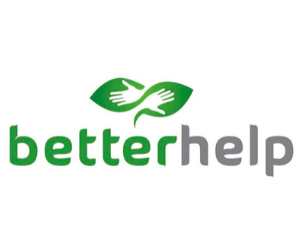 Get 10% off your first month at betterhelp.com/forthelove
Get 10% off your first month at betterhelp.com/forthelove -
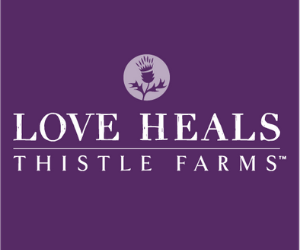 Get 15% off at thistlefarms.org using promo code FORTHELOVE
Get 15% off at thistlefarms.org using promo code FORTHELOVE -
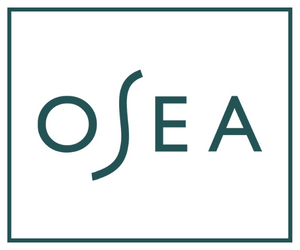 Get 10% off your first order using promo code FORTHELOVE at oseamalibu.com
Get 10% off your first order using promo code FORTHELOVE at oseamalibu.com
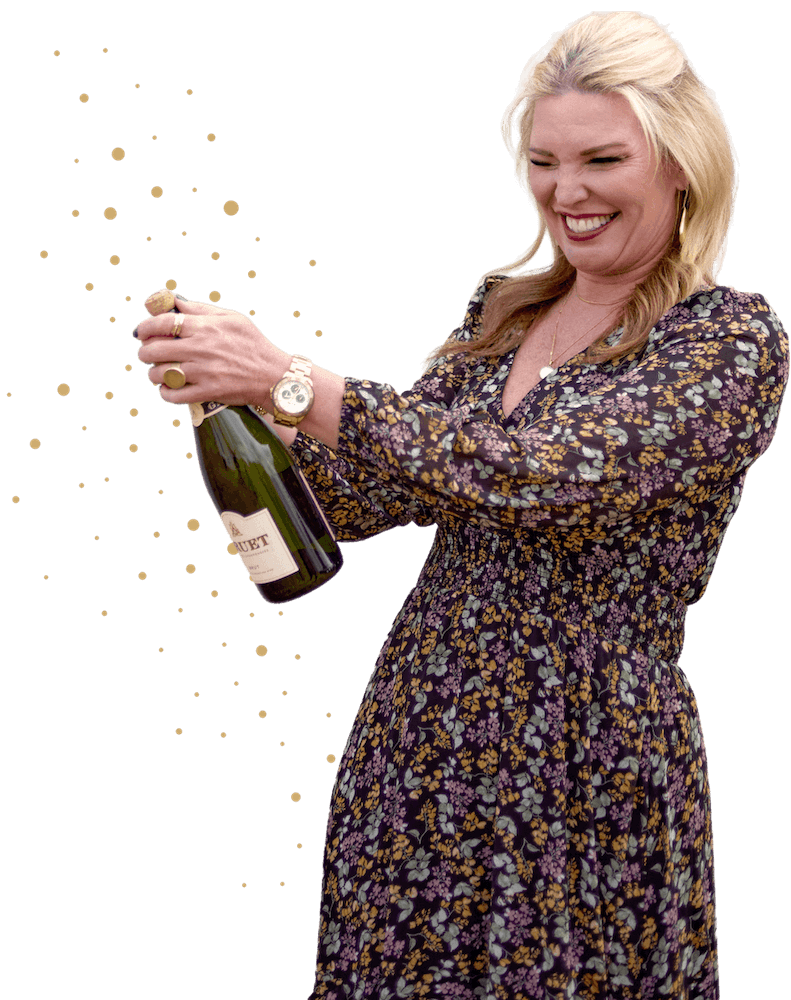


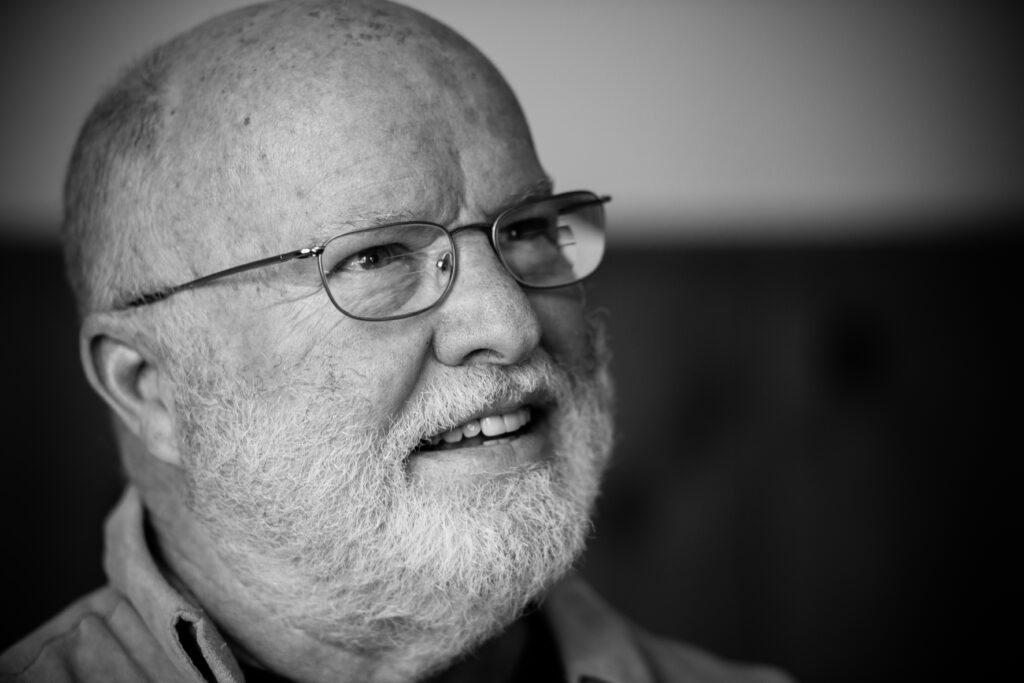
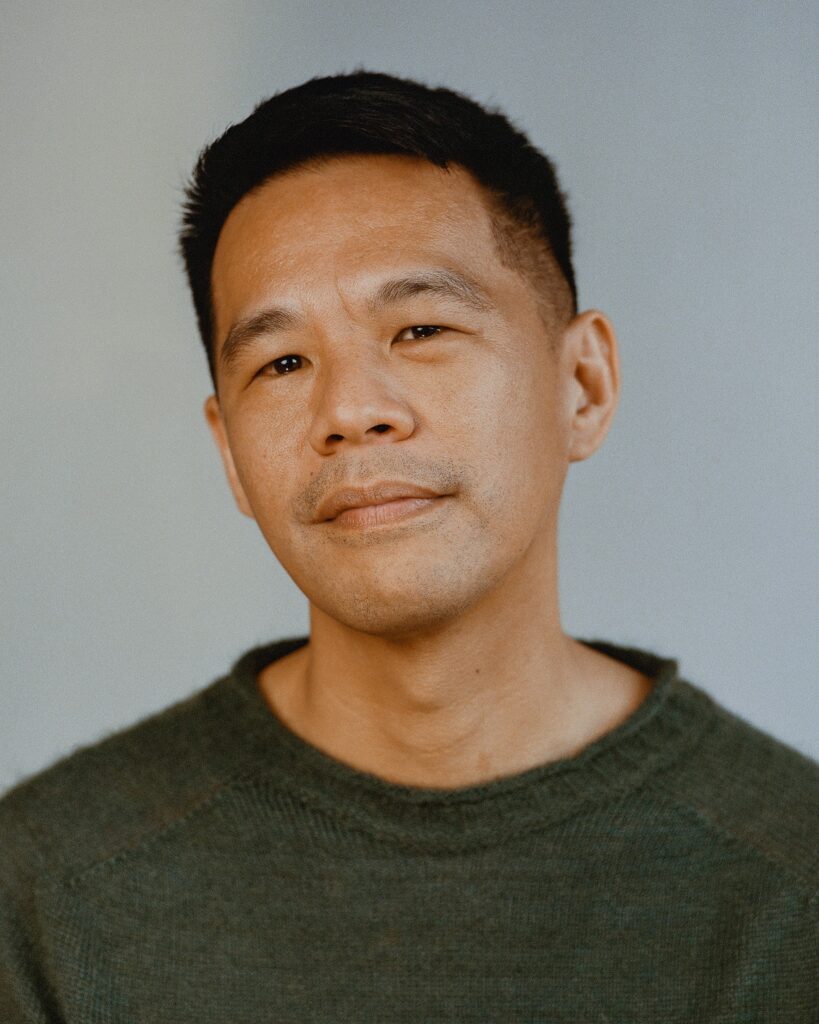
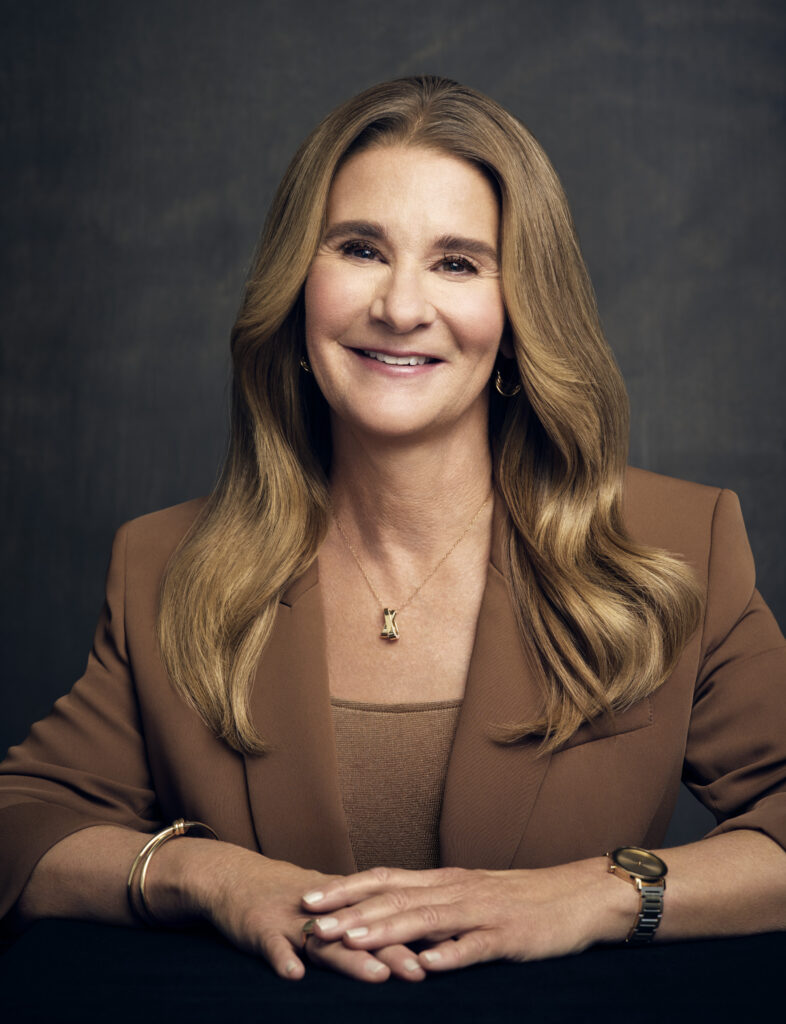






![[ENCORE] All Will Be Well: Lessons for Hard Times from Our Friend Amy Grant](https://jenhatmaker.com/wp-content/uploads/2024/11/AmyGrant-Edit3-683x1024.jpg)


